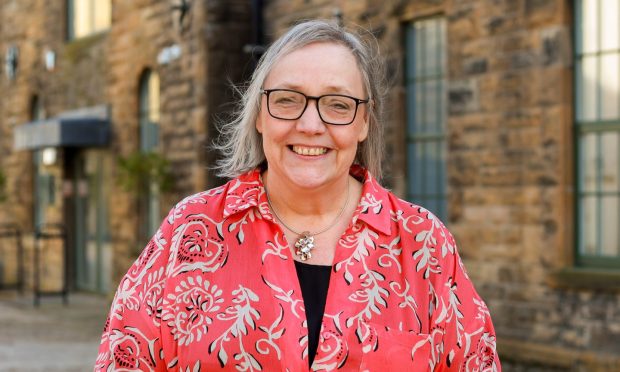
Landmark policies to stop debt owed to public bodies trapping Scots in poverty must be rolled out across the UK, according to a leading children’s charity.
Aberlour is urging Westminster politicians to help stop low-income families being aggressively pursued for debts like rent or council tax owed to public sector organisations.
The charity will meet MPs in London on Tuesday to explain how Holyrood ministers moved to write off school meal debt, for example, and how it helped protect families on the brink.
SallyAnn Kelly, chief executive of Aberlour, will attend a summit at Westminster to detail how public debt relief can help disadvantaged families and tackle child poverty.
She said: “It makes no sense for governments to give with one hand and take with the other. Ministers repeatedly promise to improve the lives of families while organisations, acting on their behalf, are making things worse. Effective relief, including amnesties, for public debt like council tax and rent arrears must be integral to efforts to ease poverty.
“One cannot succeed without the other. The way that money is pursued and collected must be overhauled to help families out of poverty instead of driving them deeper into debt. Designing a more humane and less punitive system is morally the right thing but, on a purely practical level, child poverty will never be properly tackled until the public debt crisis is tackled.”
Charity’s calls
Aberlour successfully campaigned for the Scottish Government to write off money owed for school meals as ministers launched a £2.8m fund to cancel debt owed by struggling families. It is now calling on MPs to do the same across the UK as part of a campaign to ensure public bodies pursue debts with less aggression and more understanding of how they are trapping families in poverty.
The charity, which has delivered millions directly to disadvantaged families in recent years through its Urgent Assistance Fund, warns that up to 75% of their debt is owed to public bodies. Research suggests payments to families in Scotland receiving Universal Credit are reduced by almost £1,000 a year due to public debt. Labour MP Elaine Stewart is sponsoring the Aberlour event at Westminster and believes the changes in Scotland could help ease the lives of UK families.
She said: “Public debt owed by low-income families across the UK risks locking them into a vicious cycle of welfare payments that only service debt.
“If a different approach, such as debt relief mechanisms, can ease poverty on families we should look at it.”
A drop-in event on Wednesday will provide information to MPs at Westminster before a round-table in the evening when Kelly and Glasgow University academic Morag Treanor will highlight the impact of public debt on low-income families.
A three-year pilot programme in Tayside has been “transformative” for families facing challenges linked to poverty, according to Aberlour. With support from the Robertson Trust and the Corra Foundation, and working with three Tayside local authorities, the charity has tested new ways of collecting money owed for council tax and rent which, analysis found, successfully reduced the impact of poverty on children and their families.
Today, in a wide-ranging interview with The Sunday Post, Kelly says the charity’s aim has remained unchanged since it began in Speyside in 1875.
Welcoming The Sunday Post’s support during its 150th year, Kelly said the anniversary is “an opportunity to look back to our past with clear eyes and forward to the future”.

Enjoy the convenience of having The Sunday Post delivered as a digital ePaper straight to your smartphone, tablet or computer.
Subscribe for only £5.49 a month and enjoy all the benefits of the printed paper as a digital replica.
Subscribe